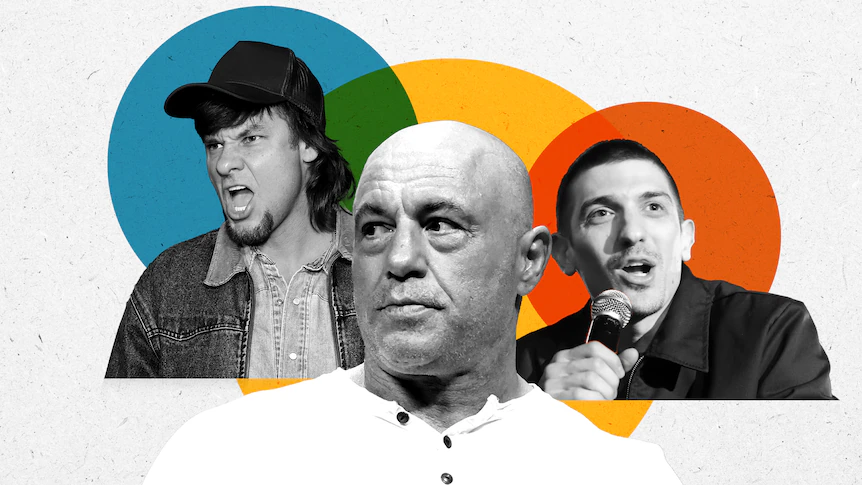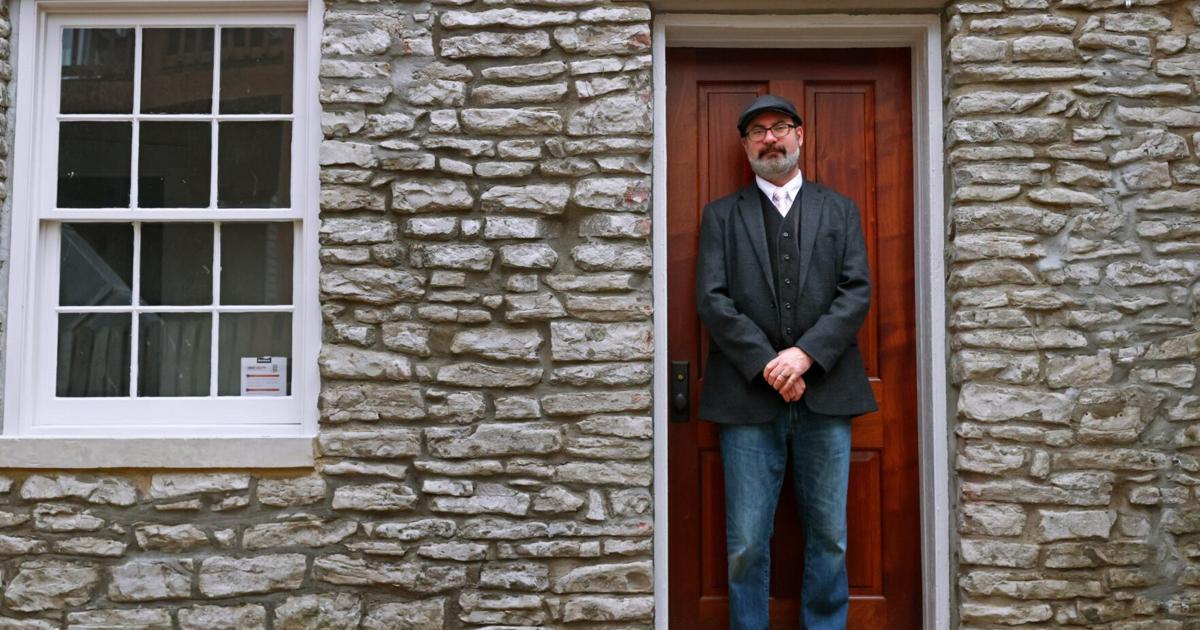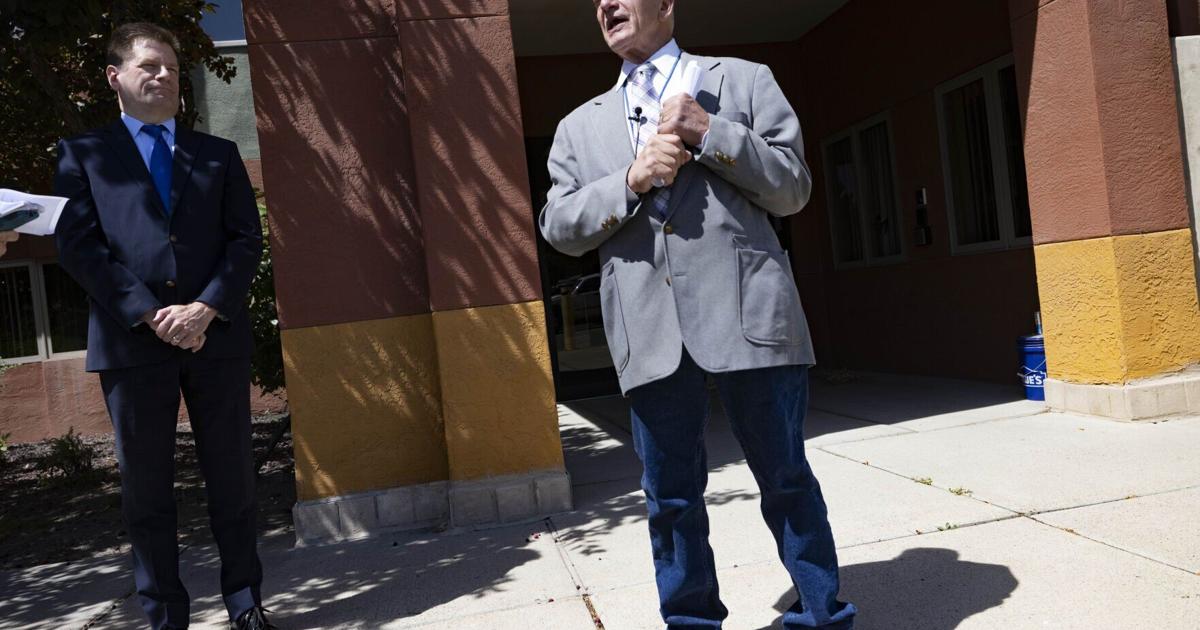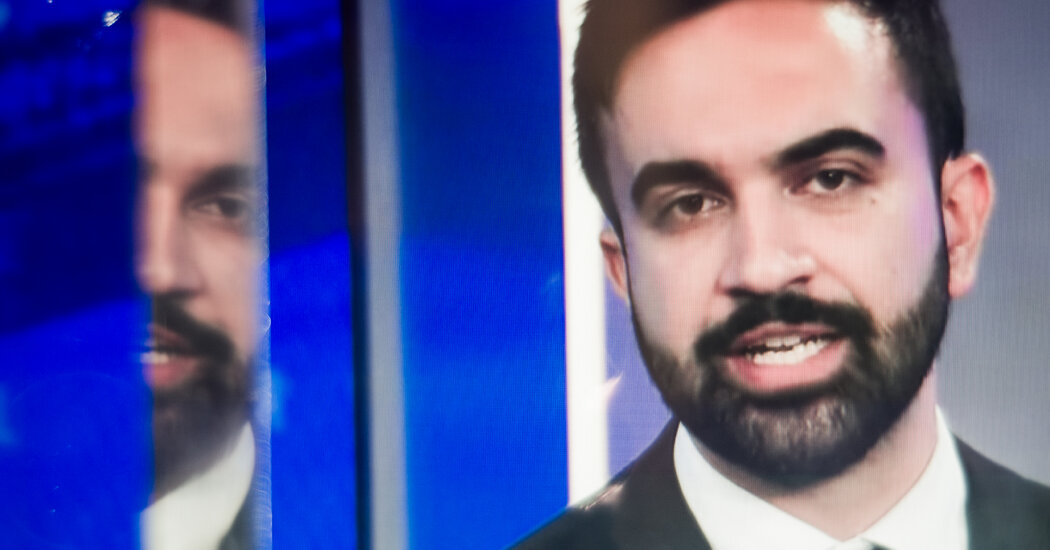Copyright abc

Once the dust settled after the 2024 US presidential election, one group emerged as a major contributor to Donald Trump's success — podcasters. From Joe Rogan to Andrew Schulz to Theo Von, these internet celebrities — wildly popular with young men — either hosted Mr Trump or spoke highly of him in the lead-up. In fact, some research estimates Mr Trump's podcast strategy gave him a roughly 1 to 2.6 per cent boost in votes, with more than half of these linked to Rogan's platform. "It was significant," University of Sydney digital innovation senior lecturer Raffaele Ciriello said. "Podcasts were one contributing factor that won Trump the 2024 presidential election. But in recent months, these podcasters have begun to change their tune, criticising Mr Trump on his handling of issues from immigration to free speech to Jeffrey Epstein. Now the question looms — will their majority young male listeners follow suit? 'He's doing the opposite of everything I voted for' The cracks first started to show mid-way through this year. In July, Rogan condemned the Trump administration's mass deportation efforts as an "overcorrection" on immigration, which is hurting "totally innocent" people. "They're kicking students out that like write articles they don't like. F***ing crazy," he said in an episode of the Joe Rogan Experience. The US podcaster also criticised the Department of Justice's handling of the Epstein files and questioned the brief suspension of Jimmy Kimmel's late-night program. "I definitely don't think the government should be involved ever in dictating what a comedian can or can't say in a monologue," he said on a September episode. That same month, Von lambasted the Department of Homeland Security (DHS) for using a clip of his in what he described as their "banger deportation videos". "When it comes to immigration, my thoughts and heart are a lot more nuanced," he said in a social media post. Stand-up comedian and actor Schulz has also taken aim at the US president several times on his podcast, including for his handling of the Epstein files and IVF mandates. A recalibration of the 'manosphere' According to Dr Ciriello, a subtle but significant recalibration is occurring in the so-called "manosphere" of alternative media that helped elect Mr Trump. It comes as the US president's net approval rating sits at minus 17 per cent, with his approval among young men steadily declining. "This matters because younger men are a critical audience, both for the podcast ecosystem and for autocrats like Trump," Dr Ciriello said. He said many conservative voters were primarily loyal to power. "So when the leader appears weak, whether over Epstein files, unmet promises, or declining popularity, loyalty becomes conditional," he said. Kathryn Robison, a lecturer in American studies at the University of Sydney, said economic anxiety was a key matter alienating young voters from Mr Trump. She said many felt the president was not fulfilling his promises on this and other issues, and podcasters were calling him out — influencing more than just young men. "These podcasts are traditionally thought of as the 'manosphere' — but young women are listening to them as well," she said. United States Studies Centre senior lecturer Rodney Taveira said in the lead-up to the election, many in this podcast ecosystem saw a vote for Mr Trump as an act of political defiance. "[It] was a kind of performance … a kind of anti-establishment, rebellious, I'm not doing the thing I was expected to do type stance," he said. The power of podcasts Podcasters' influence on voter behaviour is steadily increasing as more people prioritise podcasts over traditional media, Dr Taveira said. "There's a kind of intimacy that emerges when you listen to the same people for hours on end, week after week," he said. "And therefore, the things they say will be given more credence than, say, the legacy media." Roughly a third of Americans now get some news from podcasts, according to the Pew Research Center. Meanwhile, Australians are known as the "world's most avid podcast listeners", with men and those aged 18 to 24 dominating audiences. The Joe Rogan Experience is consistently cited as one of America's most popular podcasts — about 80 per cent of listeners are male and roughly half are aged 18 to 34. Dr Ciriello said the influence of podcasts like these on Mr Trump's waning popularity should not be underestimated. 'It's all theatre' Dr Taveira says more politicians will need to embrace podcasts if they "want to get the votes". But he says this strategy appears to be more effective for male-focused and conservative politics — perhaps because there is something more "spectacular" about the "MAGA agenda". "For example, when we had the government shutdown in the US, the Democrats were going to livestream … but they didn't get more than a couple hundred people watching," he said. Despite dwindling support from podcasters like Rogan, Dr Ciriello said Mr Trump will survive politically as long as he continues to assert dominance. In the meantime, he said it was likely podcasters would eventually move from being "kingmakers" to one day running for office themselves. "It's all media power, it's all theatre," he said. "And the stage is shifting towards podcasts."



